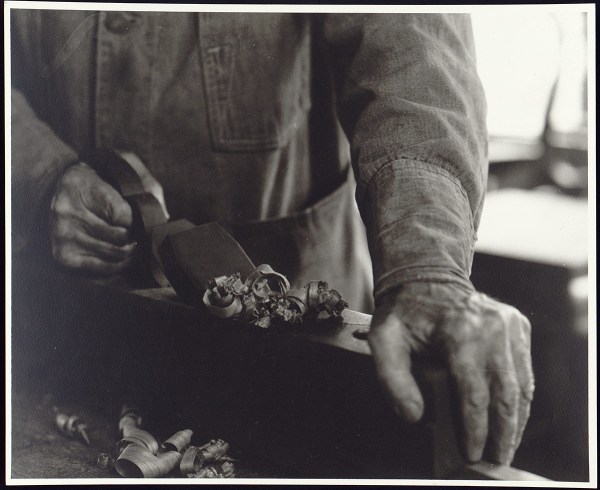Ostensibly he keeps the village inn. His name appears over the door in the orthodox black letters on a white ground as a licensed seller of beer and tobacco. It is a pleasant little inn, and in the garden behind there are some choice plants of the old-fashioned kind in which the landlord takes a good deal of pride; but the trade in beer and tobacco is not very brisk.
They keep a gramophone at the ‘Swan’ at the other end of the village, and its seductive tones seem to have an attraction for the thirsty. Such customers as fall to the quieter tap of the ‘Lion’ are served by the landlady, an active, bustling body with some little contempt for the slow, niggling work which her husband puts into the old rubbish that she would consign to the flames. Not but what she admits that the money that the old things fetch is a welcome addition to the family purse.
The old man is not contentious by nature, but he enjoys a moment of quiet triumph. ‘She took on about an old chair I brought home the other night,’ he tells you, after glancing round to see whether the good lady is within hearing. ‘I gave five shillings for it. Well, it didn’t look up to much, certainly; but I tell you what, sir, it was a genuine Cromwellian chair, and I never saw another of the same pattern.’ Then, with a twinkle in his eye of self-conscious justification, he adds that two days later a passer-by looked in, saw the chair, and promptly gave him three guineas for it, and sent it across the Atlantic.
(more…)






